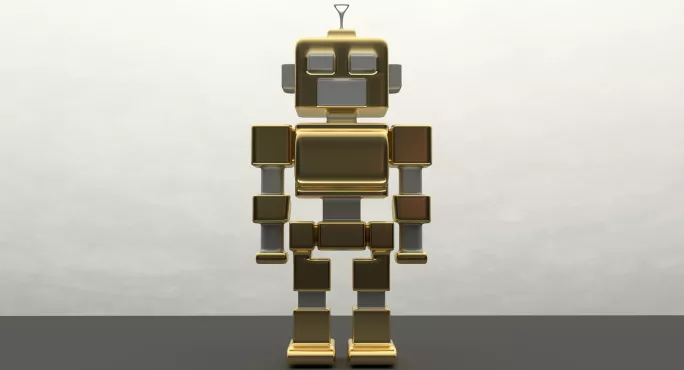One of education’s most influential academics has warned teachers not to underestimate the ability of robots to take over at least some aspects of their job, saying he recently observed a robot teaching a class and that the pupils preferred it to their teachers.
John Hattie, who is director of the Melbourne Education Research Institute and one of the world’s most widely quoted education academics, said it was the non-judgemental nature of the interactions the pupils were able to have with the robot that led to them enjoying the lesson more.
They could ask the robot the same question multiple times and it did not get frustrated; it did not know that they had been naughty yesterday, and it did not know if they had “disease or problem X or Y”, said Professor Hattie, who is best known for his pedagogy meta-study Visible Learning, which analysed thousands of pieces of education research in an attempt to determine what worked in schools.
Long read: Will artificial intelligence ever transform our schools?
Quick read: Parents’ fears about artificial intelligence in schools
Opinion: Machines ‘will replace teachers within 10 years’
Professor Hattie - who was speaking at the Visible Learning World Conference in Edinburgh yesterday -said: “Last year when I was in Asia, I watched a class being taught by a robot and it was really fascinating because at the end of the session…I had the opportunity to talk with the kids and I asked them about the experience. And you know the story: the teacher-student relationship is critical; the student-student relationship is critical. What did these kids say? ‘Eh, we prefer the robot to the teacher.’”
Rise of the robot teachers?
He added: “That whole business of artificial intelligence is screaming us in the face. It’s very advanced and is getting there faster than you can imagine.
“We need to be very welcoming and interested in how the robots can help us in our work to reduce some of the problems that we have that are related to human interaction and all the biases that relate to it.”
Sir Anthony Seldon, a university vice-chancellor and former headteacher, warned in 2017 that within 10 years school teachers would lose their traditional role and effectively become classroom assistants.
However, Andreas Schleicher, education director at the Organisation for Economic Cooperation and Development (OECD), took a different view. He has said in the past that he believes automation could boost the profession.
It is the teacher “who reads from a script” who is going to “get automated”, said Mr Schleicher, but teachers who build strong relationships with their pupils and parents will have “an even better job in the future”.




